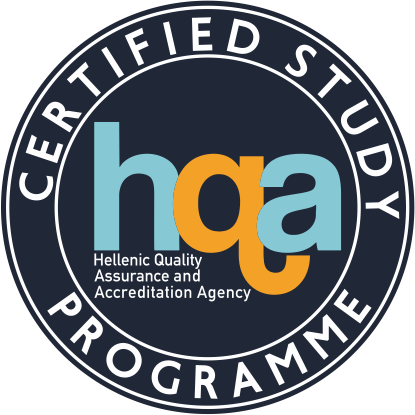Stratigraphy – Historical Geology
| School | Natural Sciences | ||||||||||||||
| Academic Unit |
Geology Department | ||||||||||||||
| Level of Studies |
Undergraduate | ||||||||||||||
| Course Code |
GEO_301Α | ||||||||||||||
| Εξάμηνο σπουδών | 4ο | ||||||||||||||
| Course Title |
Stratigraphy – Historical Geology | ||||||||||||||
| Independent Teaching Activities |
Lectures and laboratory work, Fieldwork | ||||||||||||||
| Weekly Teaching Hours |
2 (lect.), 2 (lab.) | ||||||||||||||
| Credits | 5 | ||||||||||||||
| Course Type |
Basic and Skills Development | ||||||||||||||
| Prerequisite Courses |
Typically, there are not prerequisite courses, however, for the better understanding of the course it would be considered appropriate students to have attended the following modules: Palaeontology, Planet Earth: Extrinsic Processes, Planet Earth: Intrinsic Processes Sedimentary Rocks and Structural Geology | ||||||||||||||
| Language of Instruction & Examinations |
Greek | ||||||||||||||
| Is the Course offered to Erasmus Students |
Υes, teaching may be however offered in English in case foreign students attend the course. | ||||||||||||||
| Course Web-Page (URL) | https://eclass.upatras.gr/courses/GEO325/ (in Greek) | ||||||||||||||
| Learning Outcomes |
This is a basic module for the disciplines of Stratigraphy and Historical Geology, providing information on the use of the main stratigraphic methods and the evolution of earth through geological time. Upon successful completion of this course the students will be able to:
|
||||||||||||||
| General Competences |
Generally, by the end of this course the student will, furthermore, have developed the following general abilities:
|
||||||||||||||
| Syllabus |
|
||||||||||||||
| Delivery | Lectures and laboratory practice face to face. Solving Stratigraphical problems during laboratory practice | ||||||||||||||
| Use of Information & Communication Technology |
Use of Information and Communication Technologies (ICTs) (powerpoint) in teaching. Supporting teaching and communication through e-class. The lectures content of the course for each chapter are uploaded on the e-class platform, in the form of a series of ppt files, from where the students can freely download them. | ||||||||||||||
| Teaching Methods |
|
||||||||||||||
| Student Performance Evaluation |
Ι) Oral final examination. The mark consists 50% of the final grade. The examination will include: - Short answered questions. - Short essays of combined approach. ΙΙ. Written reports following the completion of each laboratory practical. The mean mark of the reports consists the other 50% of the final grade. Minimum passing grade: 5. Final Course Grade (FCG) FCG = ( Oral exam + practical reports ) / 2 The language of assessment is in Greek. If foreign students attend the course, their assessment in English. |
||||||||||||||
| Attached Bibliography |
Suggested bibliography:
|





